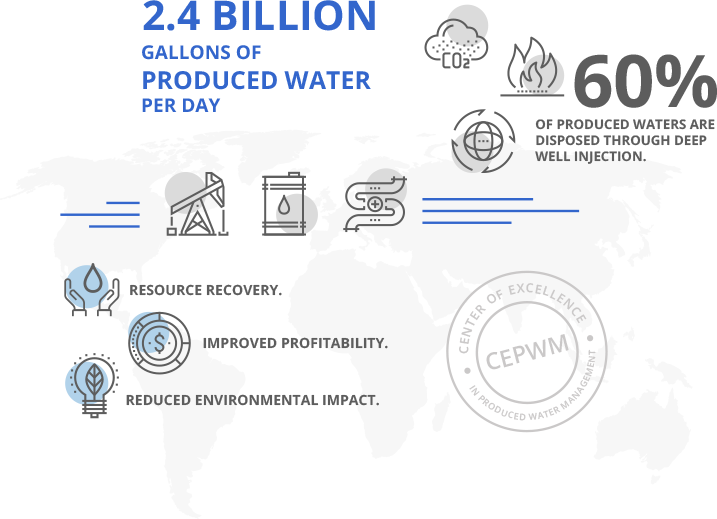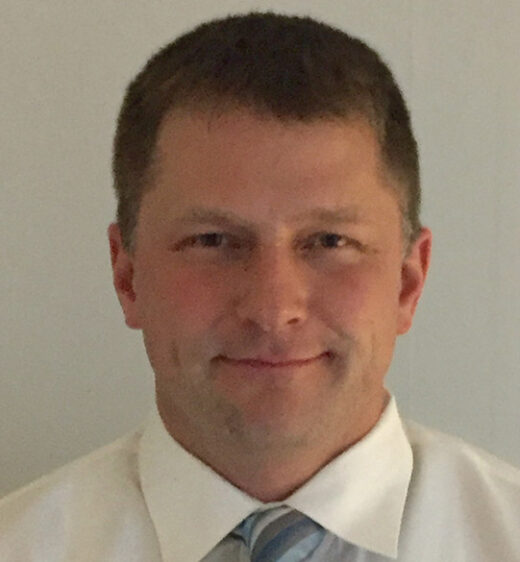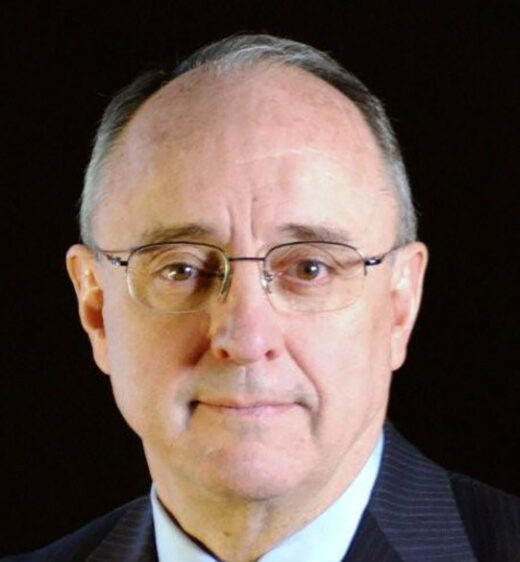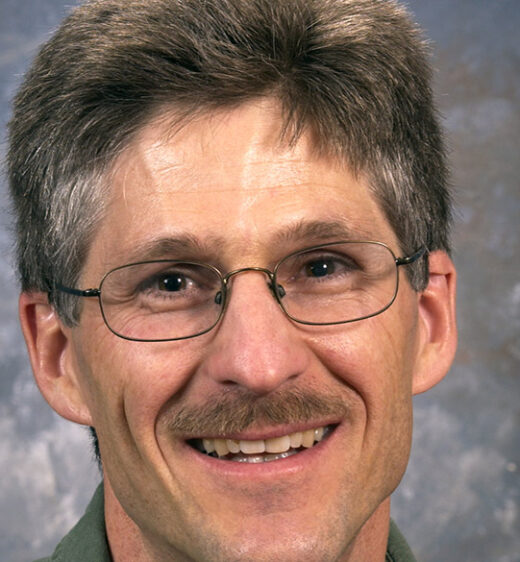
Forming A Consortium to advance the State Of The Art in Produced Water Management
The ongoing development of domestic oil and natural gas reserves produces up to 2.4 billion gallons of produced water per day. These waters, and the substances contained therein represent a valuable, yet relatively untapped, resource. No two produced waters are alike and thus, there is no singular approach to managing them.
Presently, about 60% of produced waters are disposed of, primarily through deep well injection. Given the rising concerns about causation of earthquakes in reinjection areas, coupled with increased competition for clean water resources worldwide, the demand for new technologies has never been more vital. In addition to the water itself, produced waters contain a multitude of valuable resources such as precious metals, rare earth elements, and a variety of minerals. These “waste streams” therefore represent untapped sources of revenue for stakeholders involved.
How we can work together
We partner directly with businesses and organizations to perform the necessary research, testing, and modeling to help advance produced water treatment technologies. We invite the oil and gas industry, state agencies, NGOs, consulting firms, and special interest groups to reach out and collaborate with us for a better tomorrow. We are available for hire on a short term or long term project basis.
Dedicated Research Team
Dr. Jonathan Brant
Dr. William Bellamy
Dr. Charles Mason
Dr. John O. Hoberg
Dr. David M. Bagley
Mr. Scott Quillinan
Dr. Fred Mclaughlin
Partnering with the Organizations of today to Develop the Technologies of Tomorrow
SCIENTIFIC ADVISORY BOARD
In addition to our research team, we have formed a scientific advisory board, which we are looking to expand. Our board includes representatives from industry, governmental, outside academic institutions, the citizenry, and other stakeholders. The advisory board will provide input and guidance to ensure that CEPWM activities remain of highest relevance to the needs of our constituents.








